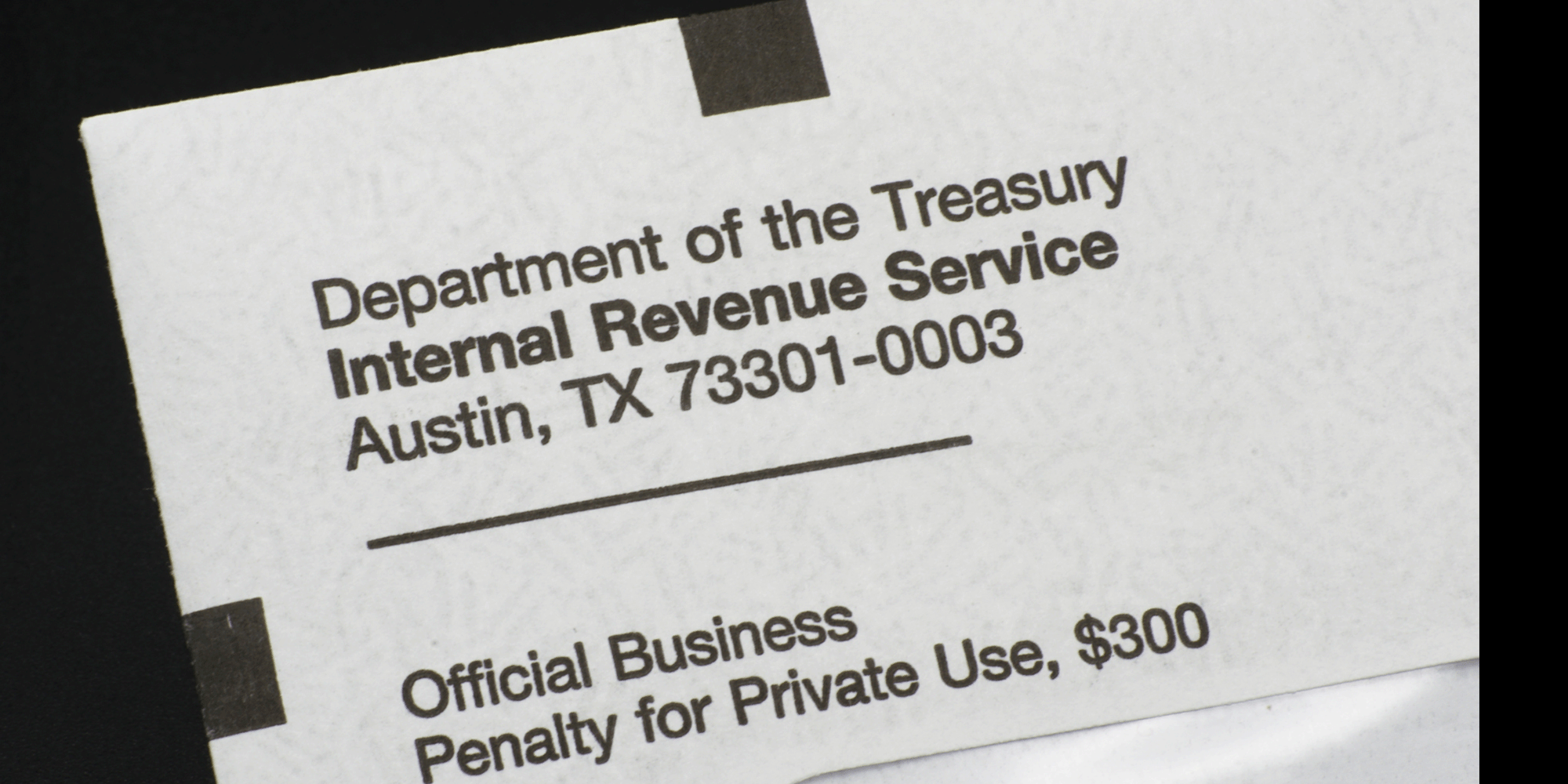How IRS Collection Works
The Internal Revenue Service, the agency responsible for collecting taxes in the United States, is a formidable machine. The IRS collects billions of dollars annually from taxpayers who are required to submit financial information each year on their earnings and expenses. When you owe money to the IRS, it will attempt to collect on the debt through different means. In this article, we will go over how the IRS collection process works, including some tips for dealing with tax collectors if you find yourself in trouble.
If the IRS determines that you owe money, it may come as a nasty surprise. In many cases, the agency will send a letter notifying you of your debt and requiring that it be settled within 30 days. You can usually negotiate with the IRS to set up an installment plan for paying off your obligations if you cannot afford to pay everything at once. If negotiations prove fruitless or fail completely, then collection activities begin in earnest.
The agency has a number of tools at its disposal to collect unpaid taxes, including wage garnishment, bank account levy, and seizure of assets. The agency may file a levy on any assets that you own and require the payment of unpaid taxes even if they are not currently in your possession. If you have money held by financial institutions such as banks, then the IRS will freeze those accounts until all tax obligations are satisfied.
The Collection Process
The IRS has a number of steps it takes to collect taxes from taxpayers. Below are the main steps in the process:
Step One: The IRS Will File Your Tax Returns
When you report your income and associated tax, the IRS sends the tax return to a service center in the region where you reside for processing. The service center is charged with receiving and processing the return into the IRS computer system. All returns, whether e-filed or handwritten, are ultimately entered into the IRS computer system so that the IRS may evaluate them quickly and easily in future years.
It generally takes the IRS four weeks to examine a current tax return and eight weeks to do so for an older year. In addition, some returns are subjected to further examination by the service center because of the need to confirm information with filings.
However, after this paperwork is done, your return will become a sequence of data lines (also known as a return transcript) that will be recorded by the IRS in their computer database.
Step Two: The IRS Will Send You A Notice of Balance Due
After the tax returns have been filed, processed, and examined, if the IRS determines that you owe taxes, they will send you a Notice of Balance Due. The notice generally arrives within 30 days after the return is filed.
The notice tells you how much money you owe in taxes and lists the various payment options available to you. You should carefully review the notice to determine which payment option is best for your current financial situation.
If you ignore the notice of balance due, the IRS will send you a second letter called Final Notice of Intent to Levy and Your Right to A Hearing. The letter contains information about how much money is owed in taxes, what action the agency has taken against your assets (if any), and when payment must be made by if it isn't already done so.
Step Three: The IRS Will Send You A Notice of Intent To Levy
In case you fail to either pay or set up an installment plan, the IRS may take more serious action against your tax debt. Once again, if negotiations with you prove fruitless and they need to collect money from you quickly but don't have time for a lengthy court process, the IRS will levy your property as part of its collection tools.
You may choose to ignore the IRS, but this is a big mistake. If you don't make payment arrangements with them, they will continue to take steps toward income tax collection until all your assets are taken and it becomes impossible for you to regain financial stability.
In order to protect yourself from further seizures of property or wages, immediately contact the agency in writing about your situation. In your letter, make an offer to pay the amount you owe in full or establish a payment plan with them for paying off the balance due overtime.
In addition, if you have been contacted by any collection agency acting on behalf of the IRS and are concerned about protecting all of your assets from seizure when it comes to debt settlement and negotiations, you should speak with an experienced tax attorney that specializes in IRS collection proceedings.
Step Four: The IRS Will Send You A Notice Of A Federal Tax Lien Being Filed
At this point, we will assume that the IRS has not been able to reach an agreement with you about the taxes owed. They will file a notice of federal tax lien on your property, which prevents you from selling any assets until this action is taken care of and removed by either paying off the balance or establishing another payment plan.
The lien acts as public notice that you owe back taxes and prevents you from selling or mortgaging any real estate property until these debts are paid in full.
This protects them in case it turns out that they owe you a refund. The lien will remain in effect until the balance is paid or a payment plan has been set up with them and they agree to remove it from your credit report if you make all of the payments on time.
Step Five: Your Case Will Be Taken Up By The IRS Automated Collection Systems
After filing a tax notice of a federal tax lien against you and receiving no communication from you, the next step taken by the IRS is to transfer your tax case over to their automated collection system.
At this point, they will begin calling and mailing letters about how much money you owe them in back taxes as well as what actions can be taken against your assets if your debts are not paid immediately or set up on a payment plan that is agreeable to both parties.
An individual collection agent will be assigned to your case and will communicate with you exclusively until a payment plan is established or the tax debt in full has been paid. This individual agent can help negotiate a settlement if it comes to that, but they cannot change how much money you owe in taxes. Only an authorized officer of the IRS can do this, so pay close attention to this.
If a tax debt is levy, the individual collection agent will send you written notice of what action they have taken and why it was necessary to do so in order to collect your debts from you. In most cases, these letters are sent after an account has been turned over for automated collections because there simply isn't time to communicate with the taxpayer in order to come up with a payment plan.
Step Six: Your Case is Taken Up By A Revenue Officer
Your case will be taken up by a revenue officer after all other collection attempts have failed and an agreement about your taxes cannot be reached. This individual agent has the authority to levy, seize and sell any of the property that belongs to you or is in your possession until the debts are paid back in full.
The IRS possesses legal power when it comes to tax collection and you should not take any chances with them. If they are unable to reach an agreement about the taxes owed, your case will be handed over to a revenue officer who can employ one or more of these powers against you if necessary in order for debts to be paid back immediately.
We Can Help You Solve Your Tax Problems
We at Morris and Associates have been helping taxpayers resolve their tax problems for many years and we can help you too. We have a team of experienced attorneys and staff that will guide you through the entire process so that you understand what is happening every step of the way. If you have found yourself in this situation, please do not hesitate to call us for a free consultation. You have nothing to lose and everything to gain by getting the help you need.
We offer consultation to discuss your specific situation and see how we can best help you resolve your IRS tax problems. To get the help you need immediately, call us today at (678) 641-3193 and speak to our team of professionals about your case.
Kenneth Morris, EA
Call me: (678) 641-3193
Posts by Tag
- tax problems (48)
- tax services (41)
- How the IRS Works (39)
- Resolving tax debt (38)
- Offer in Compromise (17)
- Tax News (13)
- 2023 Taxes (11)
- Tax Relief (6)
- filing deadline (6)
- Tax Preparation (5)
- 2020 taxes (4)
- Tax Advice (4)
- Avoiding an Audit (3)
- IRS Final Notice (2)
- Save Money (2)
- Estate Planning (1)
- Prior year returns (1)
Recent Posts
Popular Posts
Where's My Refund?
Just wanted to give you a...
An Offer-in-Compromise (OIC) is an agreement...
IRS IS CRACKING DOWN
The IRS has made it...

